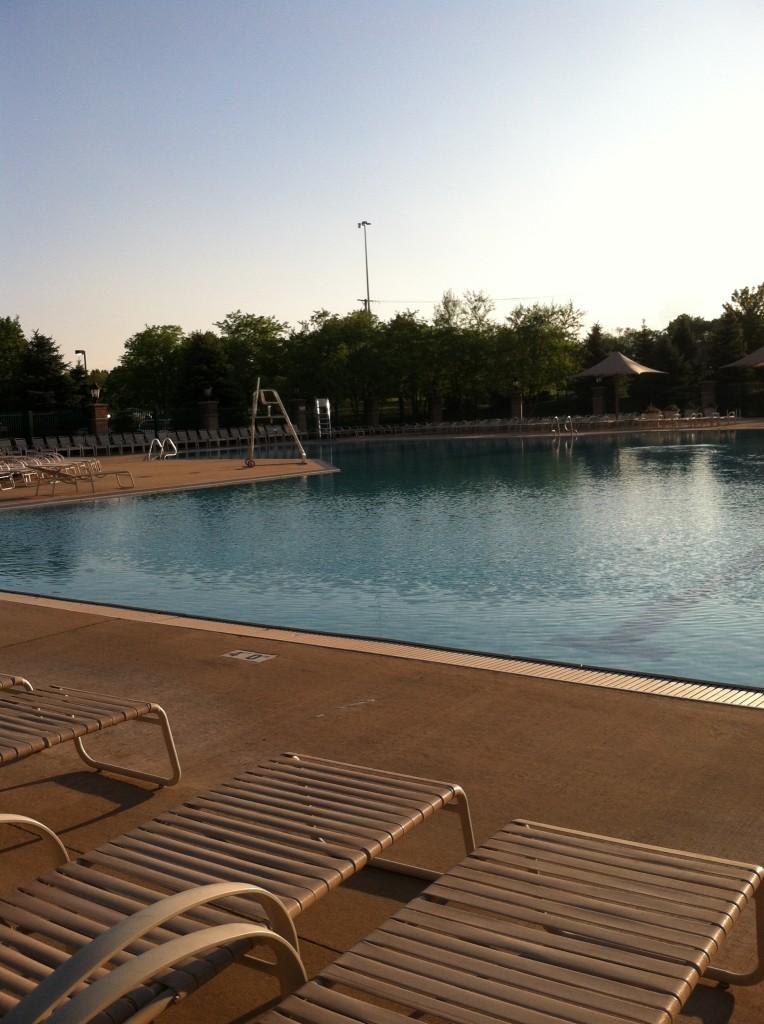Students have begun preparation for summer jobs. However, this year’s application process appears more competitive than years prior.
A survey of 35 students showed that 86 percent wanted a summer job. However, only 37 percent have been able to get jobs during previous summers, and 46 percent were able to get a job for this summer.
This teen employment ratio is not only low among Central students, but also nationally. In the summer of 2011, 1.1 million American teens looked for a job but failed to get one. This number is twice that of 2000. Studies show that this is due to the economic recession.
With this reasoning, it has become more difficult for students to acquire summer jobs.
Kristin Collins, senior and camp counselor for the Clarendon Hills Park District, says the fact that this year is one of many that marks a statistical decrease in summer job openings for teens. “[The Park District] is the only place I applied to, so I’m lucky it all worked out,” Collins said.
Alex Harvey, senior and employee at Justice, says that job applicants verbally contact the employer. “I applied other places but they never said anything back. You have to go in and talk to them, and tell them to look at your application. Or else, if it’s just online, they’re never going to look at it,” Harvey said.
Collins thinks that the application process favors college students. “They take a lot of returning college kids that have worked there summers, before. I think that’s bad now because I’m in high school, but if I were them I would give jobs to college students too because they are more experienced,” Collins said.
Although she would like to do an internship during future college summers, Collins knows that she can fall back on the traditional option for college students and return to a previous summer job. “It’d be nice to have it to come back to, just in case,” Collins said. These types of situations–when a college student returns to a prior summer job–are those that take jobs away from high school students.
Harvey’s coworkers include high school and college students. Employee positions, job openings, and working hours depend primarily on employee school schedules. “Right now I work on Saturdays and Sundays. In June, I’ll have more hours added,” Harvey said.
As students continue to search for job openings, they must compete among other high school and college students for the open spaces. Some students, like Collins and Harvey, have gotten summer jobs as camp counselors, retail employees, lifeguards, babysitters, and paid interns.







